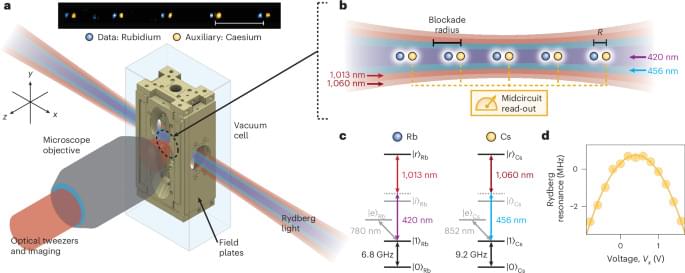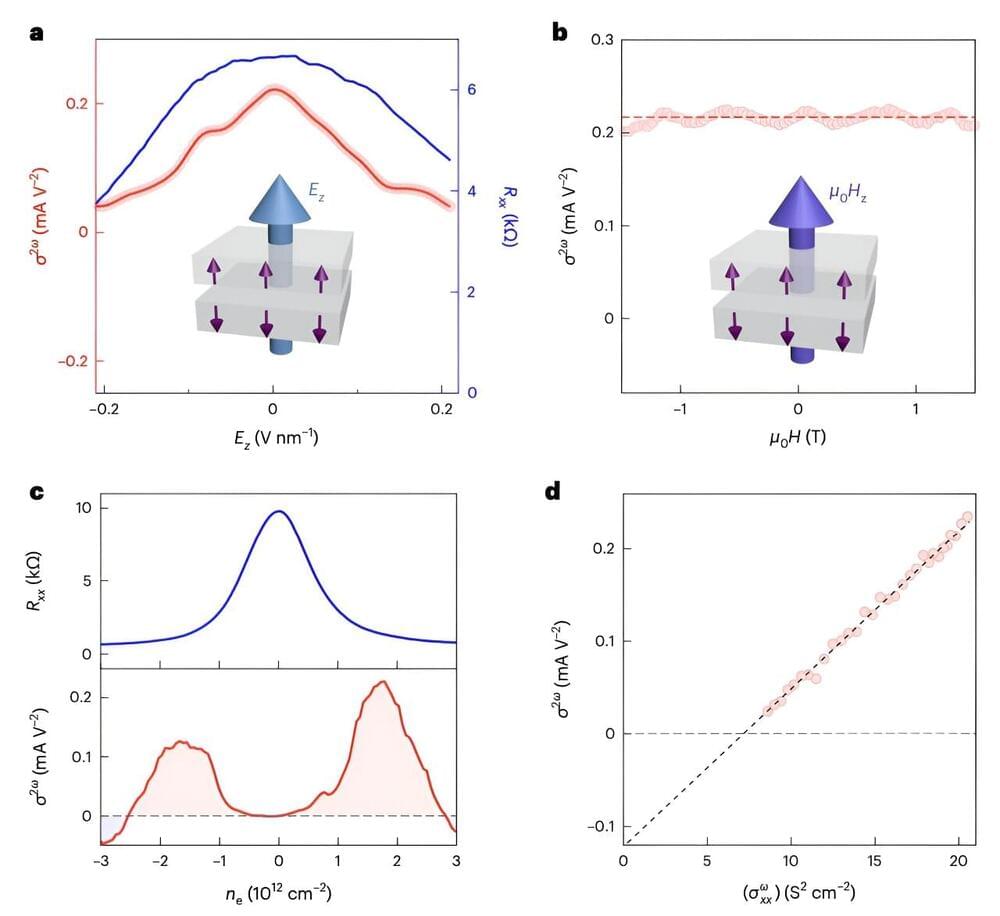The first 200 of you will receive the first month of a Planet Wild membership from me for free. Click on this link https://planetwild.com/r/anastasiinte… use the code ANASTASI29 later. You can cancel at any time. If you want to see how Planet Wild works first, check out their latest YouTube video link https://planetwild.com/r/anastasiinte…
The video I mentioned about NVIDIA:
➜ • New Nvidia Chip Has a HUGE Problem.
Timestamps:
00:00 Intro.
05:04 Manufacturing.
06:44 Thermals.
09:29 TSMC
09:58 Intel.
11:15 Challenges.
Support me at Patreon ➜ / anastasiintech.
Let’s connect on LinkedIn ➜ / anastasiintech.
My Deep In Tech Newsletter ➜ https://anastasiintech.substack.com.
More about me: https://anastasiintech.com







